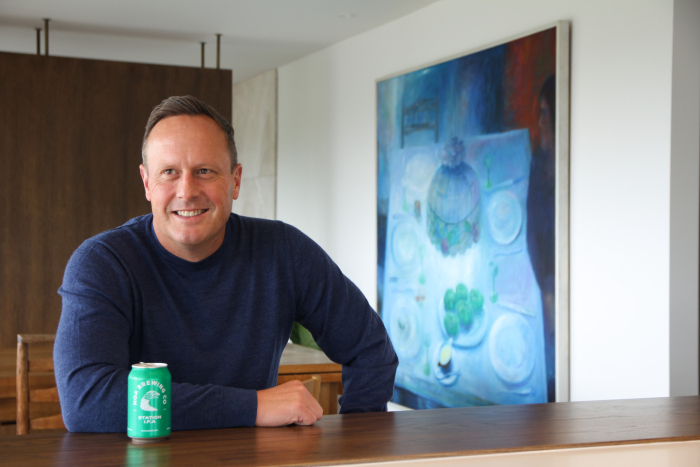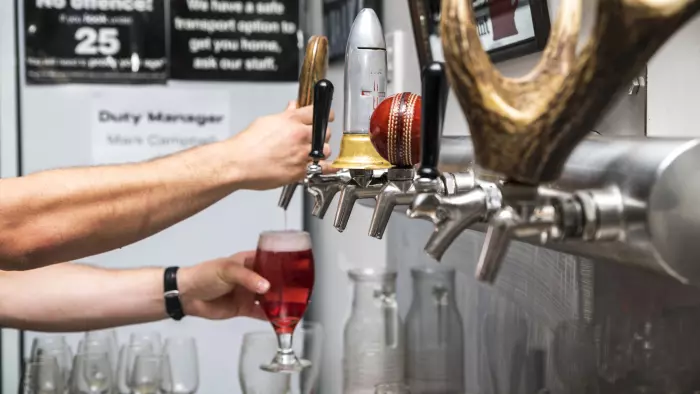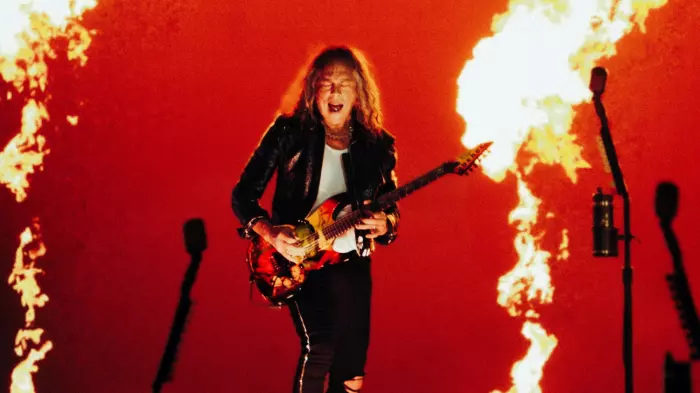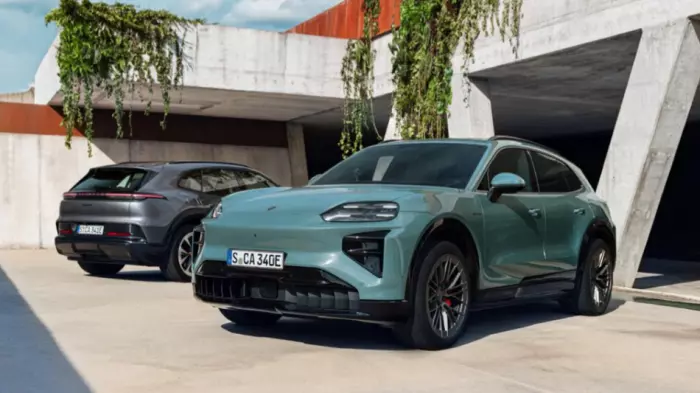Moa Brewing Company brewed 1.5 million litres of beer this past year, pushing its production up by 18%, belying a craft-beer market that is down almost 5% in the face of a tough consumer buying climate.
Last week, that saw the failure of Auckland’s Epic Brewing, a well-established brewer that was founded in 2007.
Moa, for its part, finds itself on a positive footing as it ushers in its 20th year in business, after simplifying a model that has streamlined its brewing staff to five and sees 98% of its product contracted out to McCashin’s Brewery in Stoke.
It also taps into the 40-plus years of experience held by Malcolm Brier, a former brewing development and product development manager at Lion Breweries.
Tumultuous ride
That’s after something of a tumultuous ride for the craft brewer, founded in Blenheim in 2003 by Allan and Josh Scott, of Allan Scott Wine.
In November 2012, it was floated on the NZ stock exchange, raising $16 million.
And while its public investors may have liked having brewery shares in their portfolios, its financial performance was underwhelming as a listed entity. By September 2019 – under the leadership of 42 Below founder Geoff Ross – it had accumulated losses of $25.6m and had tapped investors for a further $15.7m over that time.
In March 2019, the group purchased Savor, an Auckland hospitality group which included restaurant brands Azabu, Ebisu and Ostro, in a cash-and-shares deal valued at $18.2m. It added Parnell’s Non Solo Pizza for $3.75m in September.
Price-point sensitive
After suffering through pandemic lockdowns, Moa’s chief executive of less than two years, Stephen Smith, and his father, Mike, extracted the brewing interests in February 2021 in a $1.9m management buyout, under their Mallbeca Holdings. Savor, now under managing director Lucien Law, has retained the NZX listing.
Greymouth Petroleum’s Mark Dunphy took a 33% stake in Mallbeca last October, and Smith said he’d been “strongly supportive” of the business.
Excise tax bite
Like other alcohol businesses, breweries have had to contend with increased production, labour and material costs. Government-inflicted excise tax, which applies to both locally made and imported alcohol products, is also taking a much bigger bite. Last year, the tax jumped by 6.92% – in line with the consumer price index – adding to a 13% rise in the previous two years.
For brewers, tax now represents close to 30% of their costs, Smith said.
He said while Moa’s core range was tracking well, with about 95% of sales sold at retail level – most of that in the North Island – the brewer is looking to capture a bigger market share.
Some of that will be price driven, he told BusinessDesk.
Chief executive Stephen Smith says Moa is out to boost its share of the market. (Image: Moa)
Part of the issue with the craft-beer market, he said, is that those brands that were sitting at around the $20-per-six-pack mark all pushed up to $24-$25.
“But we’ve focused on creating great beers at a great price and we think we have the right liquids for where the market is. Our 12-packs are the same as a top-end craft six-pack, so that’s a lot of value people get out of our beers. That works with a streamlined model."
Healthier options
That, he said, will be driven by innovation, and surging demand for alternative drinks such as ginger beer, but also "healthier", lower-carb beers. Food service – the keg business – had dropped to about 5% of volume since Savor days.
In that "better-for-you" category, the brewer is rolling out its Panorama low-carb lager and Bush Moa mid-ale.
Panorama weighs in at 4% alcohol by volume (ABV), using local Motueka, Wai-iti and Nelson sauvin hops, while the mid-ale, which uses green bullet, Nelson sauvin and Wai-iti hops, comes in at 2.5%.
The lower ABV Bush Moa is also lighter on the wallet, selling at $27 for a dozen cans, while the Panorama’s suggested shelf price is $18 for a six-pack.















